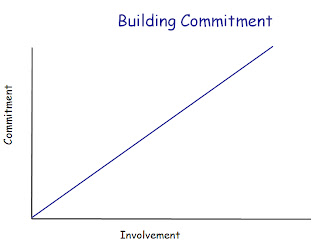Kaizen in Evaluation of course delivery in higher education: A dilemma worth debating
The Sino Japanese word
Kaizen refers to ‘good change’ or ‘positive change’ in any process or system.
It’s used in the world of business to denote “continuous improvement” and also
development. However, there are several pundits who believe that Kaizen is more
often than not, used to denote all kinds of efforts to improve quality thereby
making ‘kaizen’ a broad umbrella of change indicators.
Evaluation of course
delivery in the higher education landscape is largely a matter of debate and
subjective opinion. Though we would like to wish off the disagreements and the
deliberations in this aspect, a conscious effort on the part of academicians,
administrators and policy makers is called for, with respect to the variables
that are many a times taken for granted.
Course delivery is
often under-evaluated and in some cases, considered as a mere documentation
exercise. The customer centricity part is largely missing. In several
instances, the course delivery evaluation will only include ‘faculty
evaluation’ and in some cases the evaluation of the course syllabus. The finer
aspects of the course delivery like the methodology and pedagogy adapted, the
reference material suggested for the course, the student participation levels
in the classroom, the customization levels and the student evaluation process
remain undermined. This calls for a greater degree of resource allocation by
educational institutions towards course evaluation and also a greater degree of
commitment by the academicians towards continuous improvement. One-time
interventions and ad-hoc measures in this regard can only solve the purposes of
being stop-gap arrangements. Proper evaluation of course delivery will go
a long way in making the course more relevant and presentable. A holistic
approach towards course delivery can also hold the institution in good stead in
times of fierce competition. However this is easier said than done. There are a
number of roadblocks that need to be cleared for this kind of an initiative to
take off.
To begin with, we need
to have an informal and non-periodic assessment of the course delivery by the
end customer, in addition to the periodic and formal assessment process. The
definition of end customer is subjective and includes a wide range of
stakeholders. For instance, it may include sponsoring companies besides
students, in case of corporate education. Though the buy-in for this kind
of an exercise may be difficult, it is sure to have a long term positive impact
and also give way to repeat purchase. The evaluation of the course delivery
would broadly involve 5 areas:

Comments